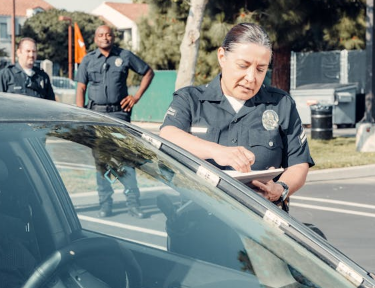EVALUATING DRUG RECOGNITION EVALUATIONS
Many of my clients think that DWIs only involve alcohol intoxication. In fact, New Jersey law also makes operation of a motor vehicle under the influence of other substances illegal, such as “recreational drugs,” combinations of alcohol and drugs and even prescribed medication. Basically, the law proscribes consumption of any substance that substantially diminishes your ability to operate a motor vehicle and makes it unsafe to do so. So much is fundamental to New Jersey law.
How this works?
An interesting issue, however, involves how the State can prove that a driver is under the influence of something other than alcohol. There is no scientific test recognized in New Jersey which, similar to a breath test, objectively and quantitatively determines intoxication when alcohol is not involved. In response to this problem, the State has relied upon a program known as drug recognition evaluation (DRE) to persuade courts that a driver was under the influence of a substance, when alcohol use is not suspected.
Is it Reliable?
As with any other scientific test, where someone with claimed special knowledge, experience, and training (here drug recognition evaluation training) offers the court an opinion to determine intoxication, the court must first determine whether the test/training is scientifically reliable. In other words, the court must be convinced that it can be relied upon to demonstrate what it is supposed to show. Interestingly, no New Jersey case had determined that the DRE protocol was scientifically reliable, until a few months ago when the Supreme Court of New Jersey issued its opinion in the matter of State v Olenowski.
While acknowledging the possible value of DRE testimony, the court also expressed its misgivings. Consequently, the court limited how testimony could be used, holding that witnesses could not testify that a driver’s condition was actually caused by the drugs ingested, but only that the condition was “consistent” with ingestion. The court also found that blood and urine samples were needed to confirm the actual presence of the drug and were required before dre testimony could be considered.
It’s uncertain how this decision will impact DWI cases where alcohol is not involved. Of course, this will become clearer with more experience applying Olenowski findings in subsequent cases.
